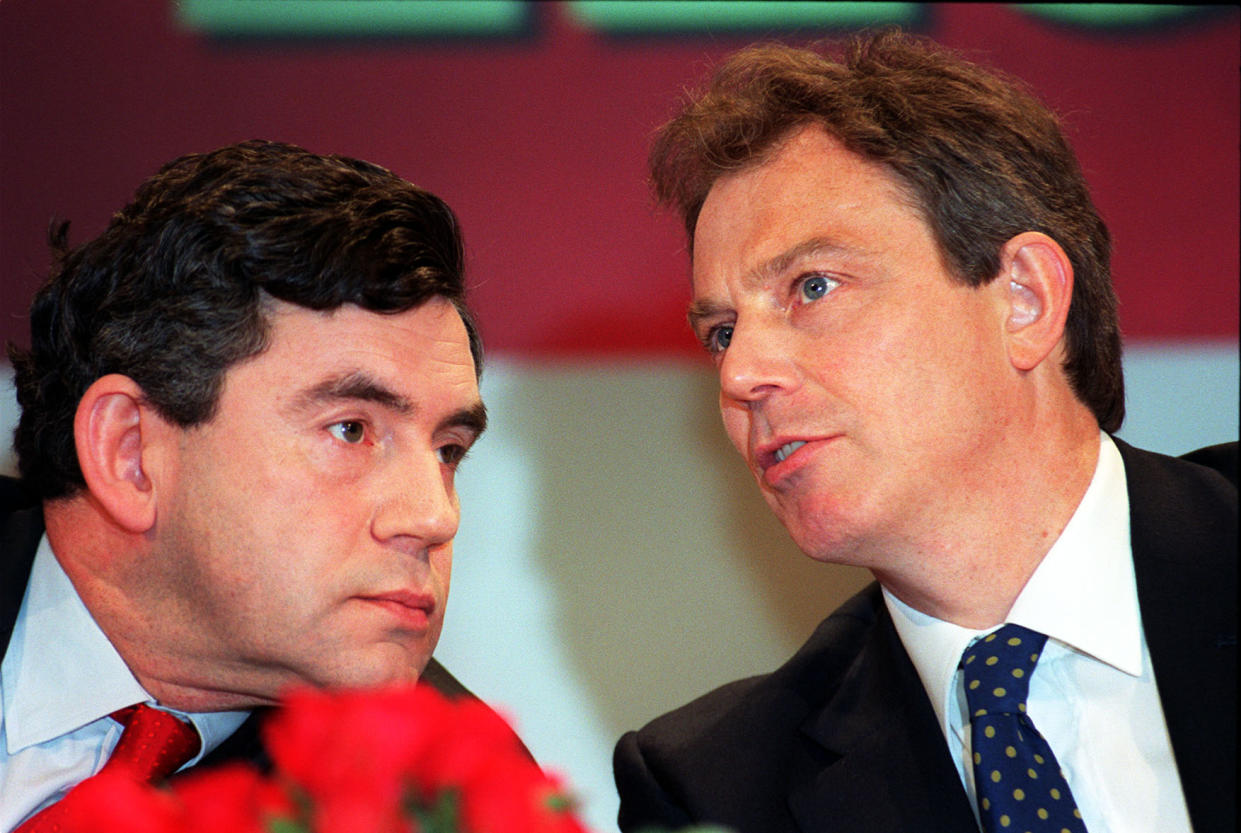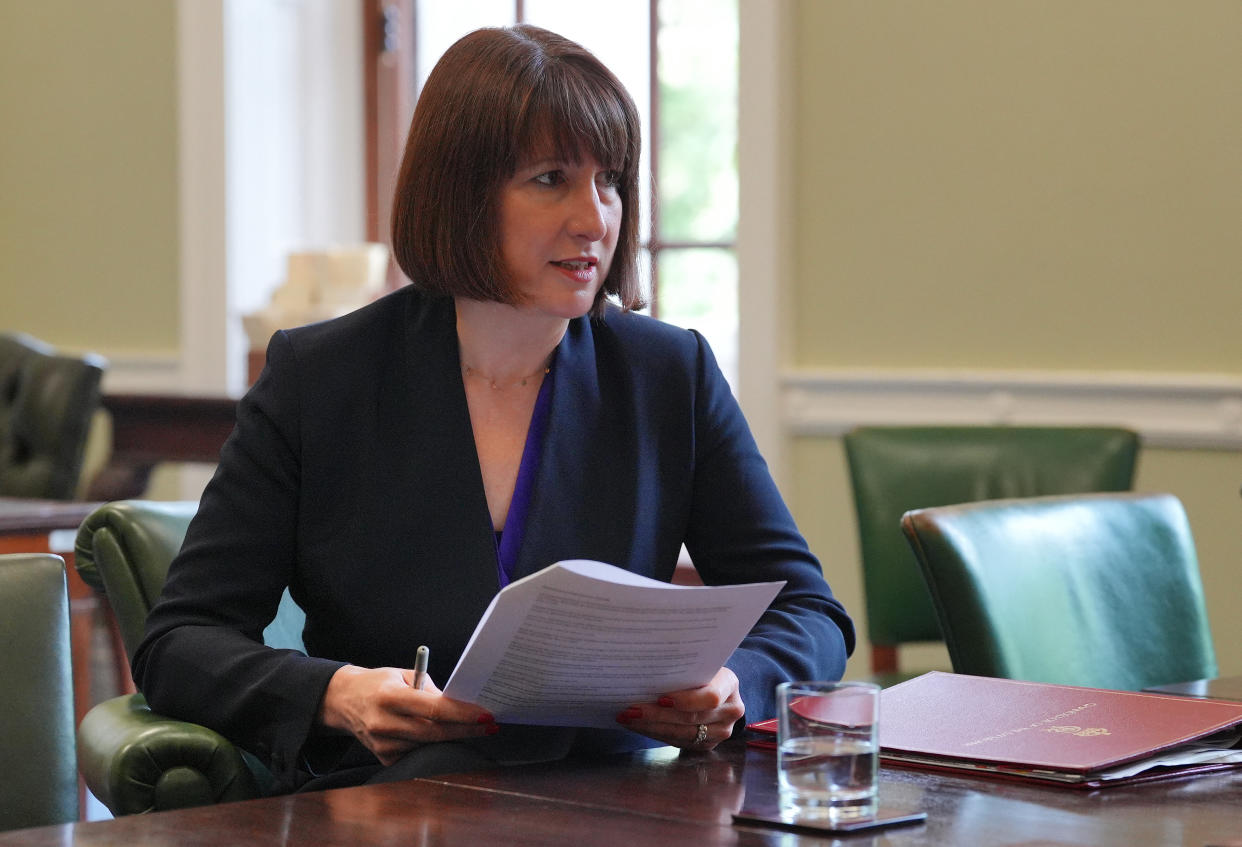What is the winter fuel payment and who is still able to claim it?

Households across the UK are facing tighter finances after the government unveiled plans to scrap winter fuel payments for millions. Chancellor Rachel Reeves announced in July she would reduce access to the benefit as part of a package of measures to plug holes in the public finances.
While the cash will still be on offer, it will no longer be handed out as a universal benefit. Instead, potential recipients will now face stricter eligibility criteria.
The scheme has faced criticism in previous years over its wide-ranging remit, which at one point saw expats in warm countries such as Spain able to claim the same money as families in the coldest reaches of Scotland.
While such loopholes have since been closed, it has remained in the crosshairs of some reformers who insist many recipients don't need the annual handout and who have called for funds to be re-directed elsewhere.
But others, such as Age UK, have argued the changes as they are currently proposed could end up wrenching support away from some of those most likely to need it.
MPs will be given the chance to vote on the proposed changes on Tuesday – so what are they?
What are winter fuel payments?

Introduced in 1997 by the last Labour government under Tony Blair, the scheme currently offers annual tax-free payments of up to £300.
The benefit was intended to tackle fuel poverty among pensioners, who were thought particularly vulnerable due to fixed income from their pensions and a greater need for heating at home.
Who is eligible?
As things stand, payments are offered on a universal basis for people over the state pension age and living in England or Wales.
Separate schemes operate in Scotland and Northern Ireland.
A basic rate payment is on offer to anyone claiming a state pension, with further top-ups on offer to households claiming other benefits, such as pension credit or universal credit.
Payments can also increase with age and most people are enrolled for the benefit automatically – although some campaigners, such as Age UK, have estimated almost one million people could be eligible but are not claiming the cash.
You can check whether you qualify here.
How much does it cost and what changes are Labour making?

According to House of Commons figures, the annual bill for winter fuel payments has stood at almost £2bn in recent years, although this figure has also been falling due to changes to the state pension age.
Current proposals are to change eligibility rules so only pensioners on means-tested benefits will qualify for it this winter.
The overhaul planned by the government is expected to mean 1.5 million people will be eligible for the payment this winter, down from 11.4 million when the payment went to all pensioners.
The chancellor has estimated the move would save the Treasury £1.4bn this year and £1.5bn next year.
What has the reaction been?
Paul Farmer, chief executive of Age UK, estimates two million people most in need of the benefit could be excluded from it under new plans.
"There’s no doubt that we need better cohesion between the benefits system and health and social care services," he said.
"And there’s equally no doubt that this can’t happen before the leaves disappear from the trees and the frosts set in."
Citizens Advice, which provides consumer guidance, accepted issues with the current winter fuel payment scheme, but has called for more far reaching reform.
Gillian Cooper, its director of energy policy, said: “The current winter fuel payment is not well targeted and is too low to make a real difference to pensioners who need help most.
"As we go into this winter, we need to see targeted support with energy bills for all those in desperate need, including low-income families and pensioners."
Why is Labour sticking with it?

The chancellor has so far remained bullish in the face of outcry over her plans to overhaul the scheme.
Ignoring calls to reverse the planned cut, Rachel Reeves has argued it will save the government billions and that changes to state pensions will leave many households better off.
She told the House of Commons on 3 September: “When I became chancellor I took an immediate audit of the spending situation to understand the scale of that challenge, and I made difficult decisions to put the public finances on a sustainable footing.
"They were tough decisions, but they were the right decisions.
“This includes the decision to make the winter fuel payment better targeted so pensioners who need it most will get it alongside pension credits.”
Sir Keir Starmer defended the decision a few days later, saying: "We have got to take tough decisions. Targeting the winter fuel payments is a tough decision. We have put in safeguards for many pensioners, with pension credit, with housing benefit."
Labour has also said a campaign to increase the take-up of pension credit would help those most in need. According to the Department for Work and Pensions, 880,000 eligible pensioners are missing out on pension credit, which on average amounts to £3,900 a year.
What happens next?
After weeks of pressure, Labour announced on 5 September that a motion relating to the changes would be debated on 10 September.
The move raises the prospect of a possible backbench rebellion – but given the size of Labour's majority, it is highly unlikely the vote will not go Starmer's way.
On Saturday, Rosie Duffield, Labour MP for Canterbury, became the latest backbencher to say she could not vote with the government. “I will be showing that I don’t agree with them by abstaining and I know a few colleagues are doing the same.”


